US-led restrictions prevent Huawei's chipmaking partners from purchasing advanced extreme ultraviolet (EUV) lithography systems from the Netherlands' ASML Holding NV.
Huawei's ambition to develop more powerful chips for artificial intelligence (AI) and smartphones is facing major obstacles due to US government sanctions, stalling China's efforts to catch up with its technology.
Huawei is designing two next-generation Ascend processors to compete with top-of-the-line processors made by Nvidia Corp. But those chips are based on aging 7nm technology.
The reason is that US-led restrictions prevent Huawei's chipmaking partners from purchasing advanced extreme ultraviolet (EUV) lithography systems from ASML Holding NV of the Netherlands.
This means Huawei's flagship chips will be stuck with older technology until at least 2026, according to people familiar with the matter. Huawei's smartphone processors, for its Mate line, face similar restrictions.
Huawei's suspension affects not only the company's business but also China's broader AI ambitions.
These difficulties suggest that China will have a hard time closing the technology gap with the United States by 2025, when Taiwan Semiconductor Manufacturing Co. (TSMC) — a chipmaker for Apple Inc. and Nvidia — begins mass production of 2nm chips.
The situation is getting worse as Huawei's main manufacturing partner, Semiconductor Manufacturing International Corp. (SMIC), is having trouble stably producing 7nm chips.
The Shanghai-based company’s 7nm production line is facing yield issues, and it’s uncertain whether Huawei will be able to secure enough smartphone processors and AI chips in the coming years.
Huawei and SMIC have not commented on this issue.
In 2023, Huawei launched the Mate 60 Pro smartphone with a 7nm chip designed by SMIC. That cemented the company's technological credentials in the eyes of the Chinese public, helping Huawei's sales increase for seven consecutive quarters thanks to strong demand for that device.
But in 2024, in a sign of Huawei's struggles, the company has been quiet about the chip for its upcoming flagship Mate 70 smartphone, which is due to launch on November 26.
The company didn't announce any hardware specifications when it began taking early orders this week.
Huawei's difficulties show that years of US sanctions have somewhat "frozen" China's technological progress, as well as limited development opportunities for the country's leading enterprises.
The U.S. government has restricted China’s access to sophisticated manufacturing equipment from its suppliers such as Applied Materials Inc. and Lam Research Corp., as well as Nvidia’s most powerful AI chips — a commodity sought after by major tech companies and governments.
In recent years, Huawei has taken on a key role in China's drive for self-sufficiency in key areas, including semiconductors and AI.
Still, Huawei's troubles highlight the major hurdles China faces in building advanced supply chains in emerging technologies.
Source: https://nhandan.vn/lenh-cam-van-my-can-tro-tham-vong-chip-ai-cua-huawei-post845812.html


![[Photo] President Luong Cuong and King Philippe of Belgium visit Thang Long Imperial Citadel](https://vstatic.vietnam.vn/vietnam/resource/IMAGE/2025/4/1/cb080a6652f84a1291edc3d2ee50f631)
![[Photo] Prime Minister Pham Minh Chinh meets with King Philippe of Belgium](https://vstatic.vietnam.vn/vietnam/resource/IMAGE/2025/4/1/be2f9ad3b17843b9b8f8dee6f2d227e7)
![[Photo] General Secretary To Lam receives King Philippe of Belgium](https://vstatic.vietnam.vn/vietnam/resource/IMAGE/2025/4/1/e5963137a0c9428dabb93bdb34b86d7c)


![[Photo] Close-up of Vietnam's sniffer dog team searching for earthquake victims in Myanmar](https://vstatic.vietnam.vn/vietnam/resource/IMAGE/2025/4/1/d4949a0510ba40af93a15359b5450df2)




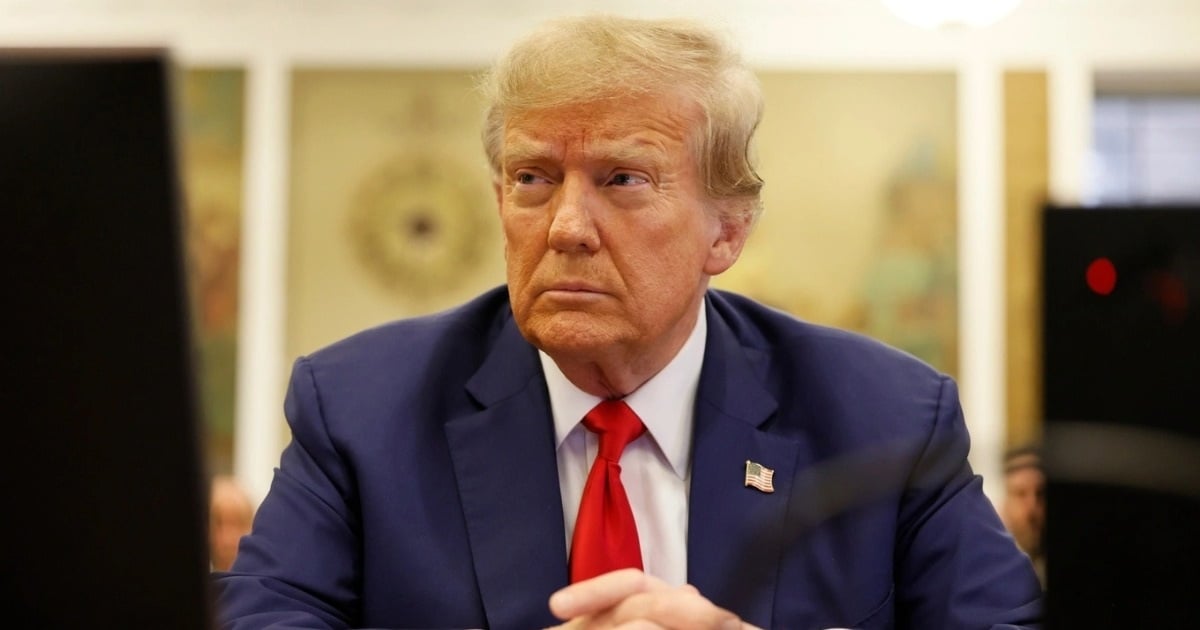


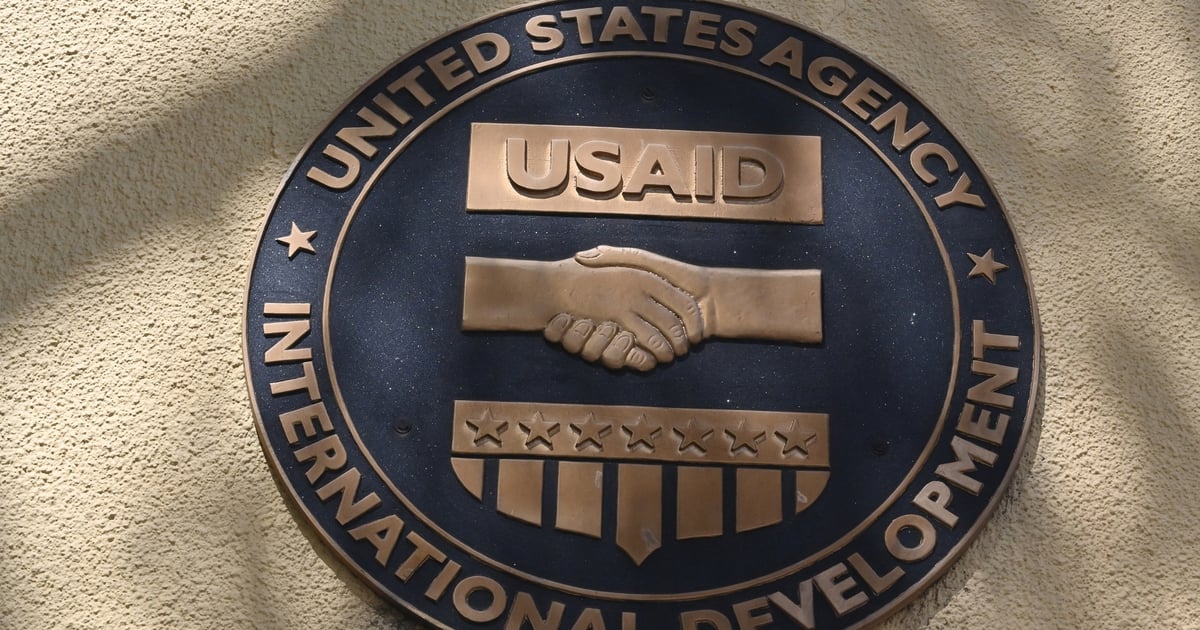
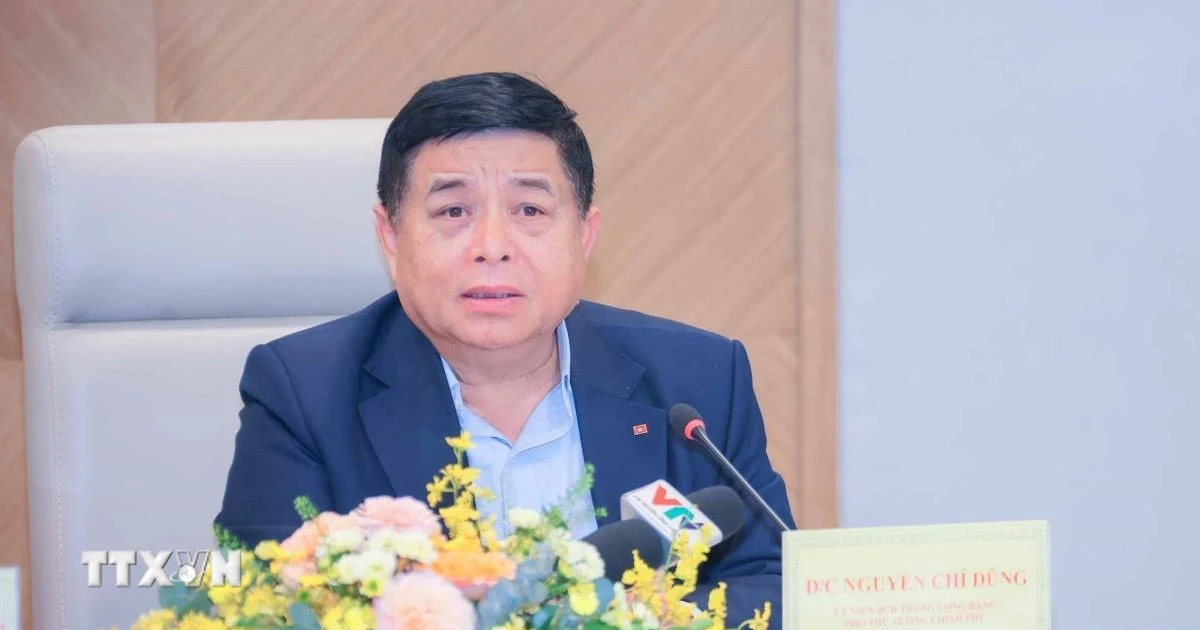
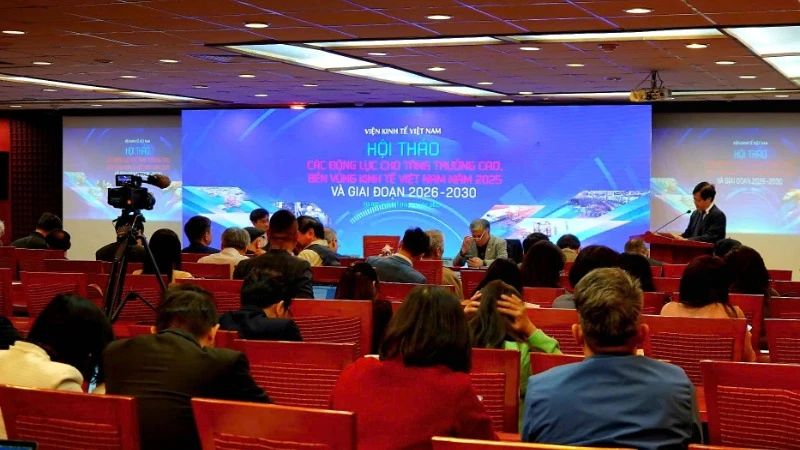
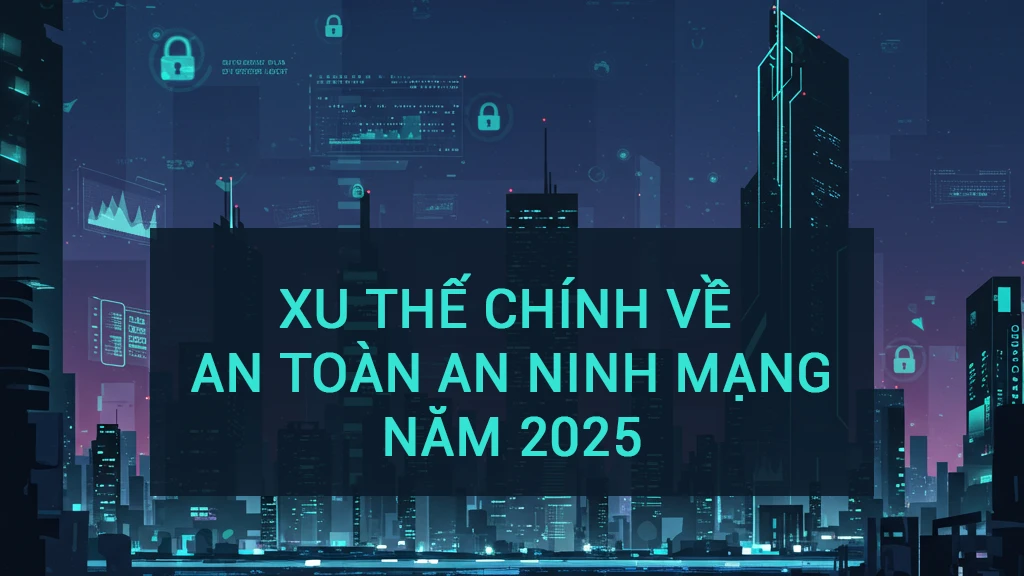










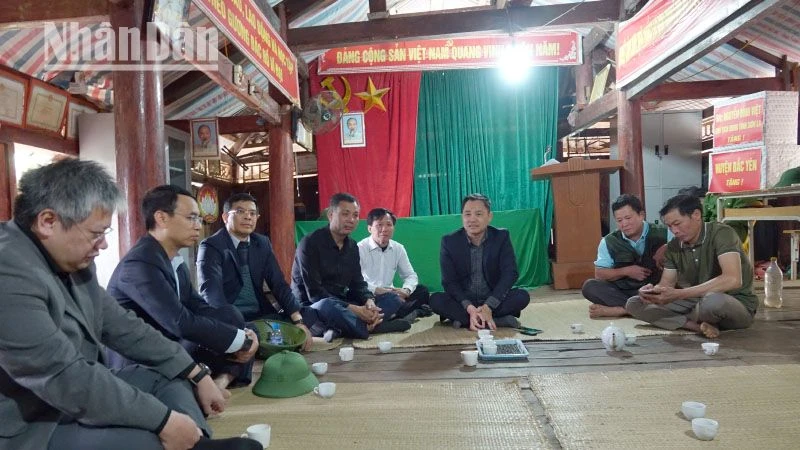


![[Photo] Myanmar's capital in disarray after the great earthquake](https://vstatic.vietnam.vn/vietnam/resource/IMAGE/2025/4/1/7719e43b61ba40f3ac17f5c3c1f03720)










































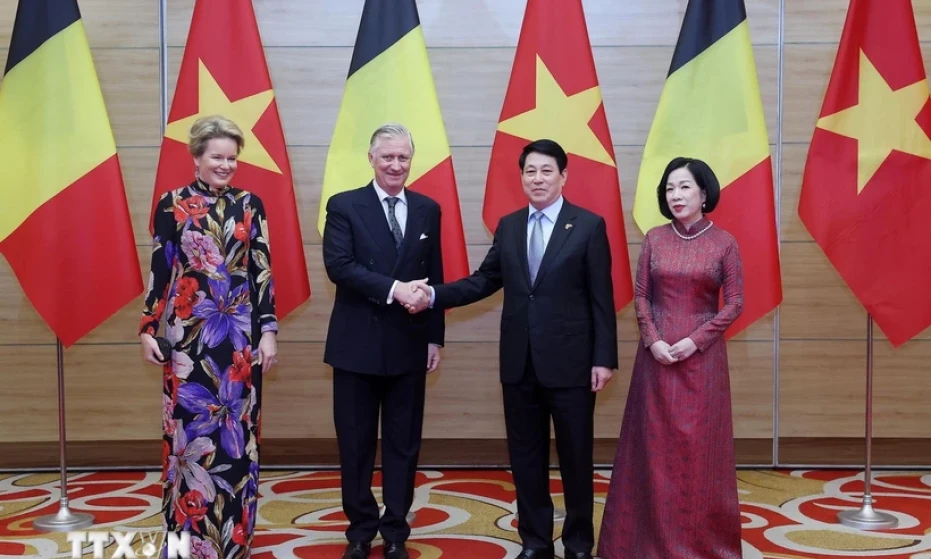

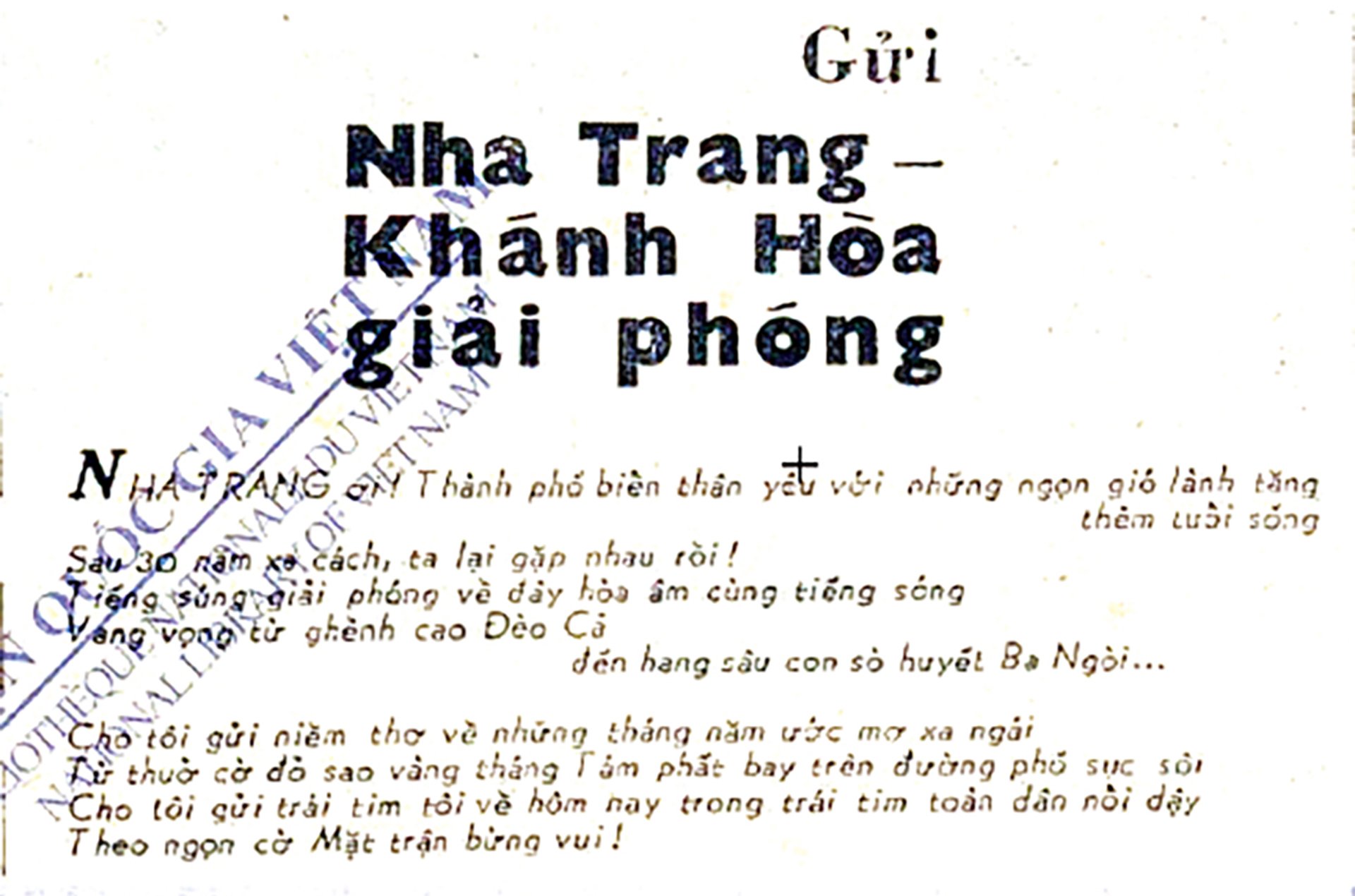



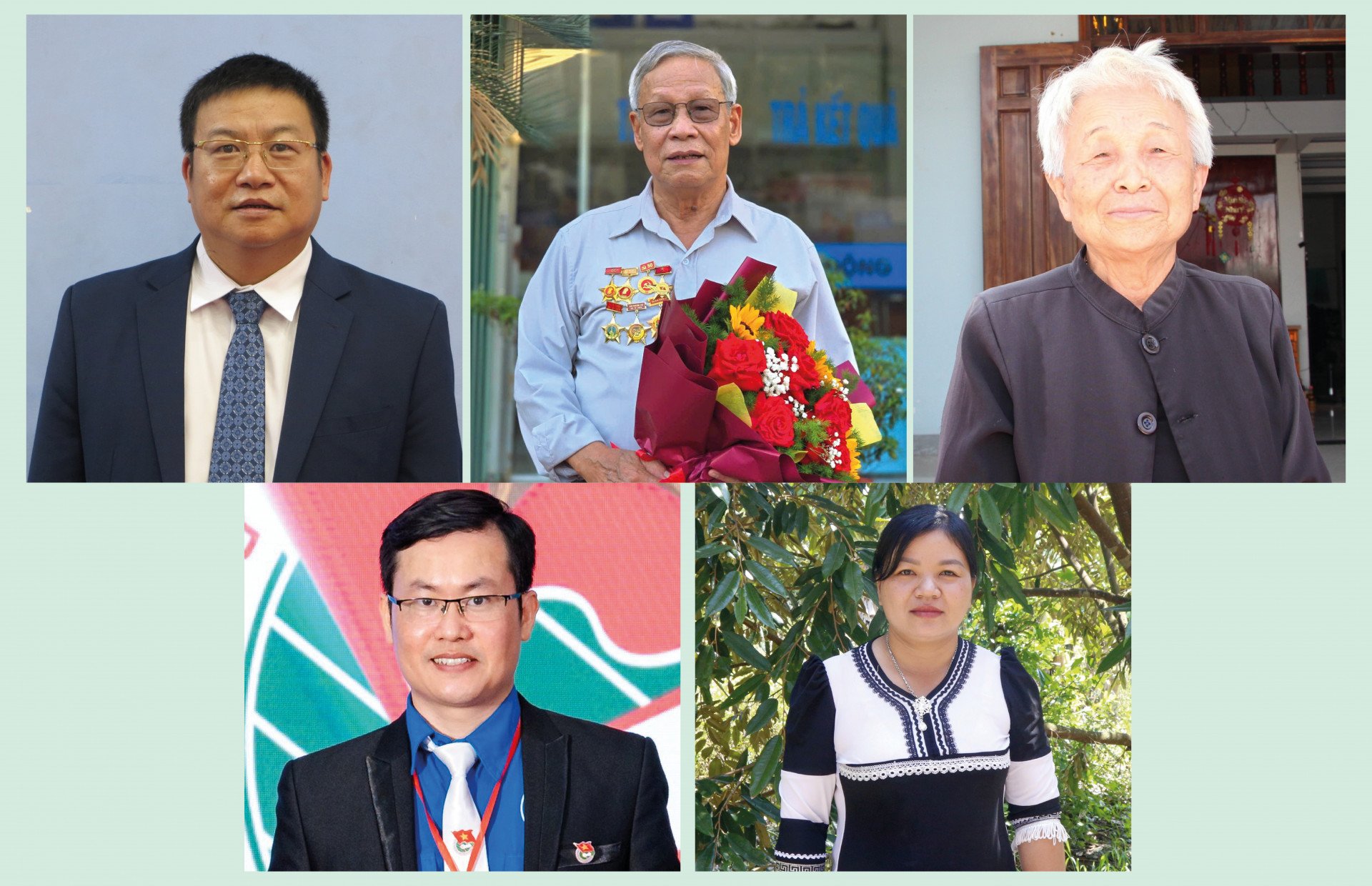












Comment (0)